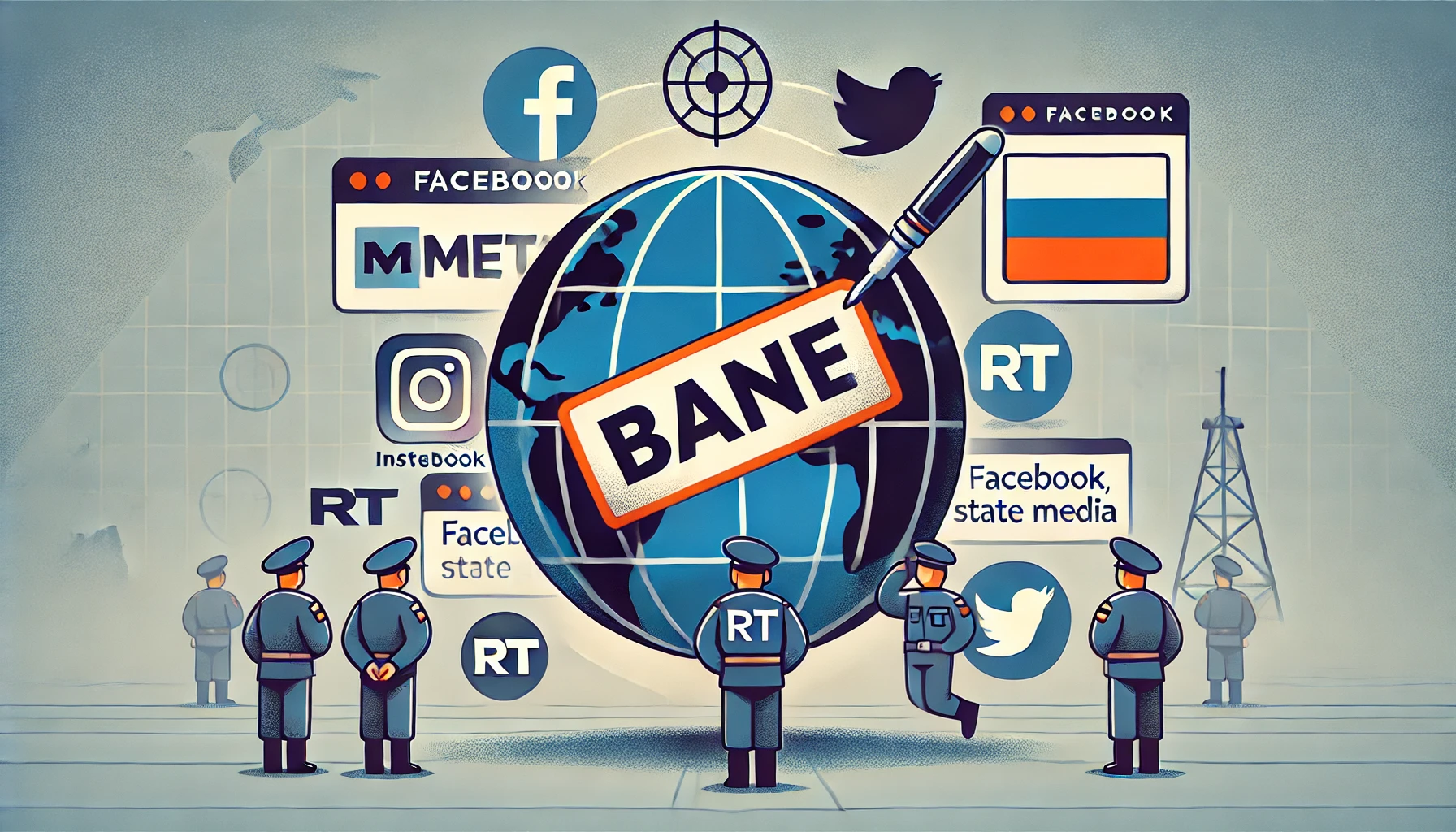Meta announced a sweeping ban on Russian state media outlets, including RT, across its platforms—Facebook, Instagram, Threads, and WhatsApp—citing concerns over foreign interference in the upcoming US presidential election. This decision follows increasing scrutiny of Russian influence in global politics, particularly through social media channels.

In a statement, a Meta spokesperson said, "After careful consideration, we expanded our ongoing enforcement against Russian state media outlets. Rossiya Segodnya, RT, and other related entities are now banned from our apps globally for foreign interference activity."
The ban comes in the wake of charges filed by the US Justice Department against two individuals accused of funneling nearly $10 million through a Tennessee-based shell company to produce misleading and divisive online content aimed at deepening political divides in the US. Attorney General Merrick Garland described the content campaign as part of "hidden Russian government messaging." Additionally, the crackdown includes sanctions on 10 individuals and entities, along with the seizure of 32 internet domains connected to the disinformation operation.
Before being banned, RT had built a substantial following on Meta’s platforms: over 7.3 million followers on Facebook, 1 million on Instagram, and 139,000 on Threads. RT has long been a controversial presence on social media, where critics accused it of spreading propaganda and sowing discord, particularly in Western democracies.
Meta's decision also comes amid ongoing criticism that the company is not doing enough to counter foreign interference and disinformation campaigns. With the US presidential election set for November 5th, the pressure on tech giants like Meta to safeguard the integrity of democratic processes is intensifying.
The move represents a significant escalation in Meta’s efforts to limit the spread of foreign-influenced disinformation. In recent years, the company has come under fire for its perceived inability to curb malicious foreign actors from using its platforms to manipulate public opinion. This ban reflects Meta’s continued push to enforce stricter guidelines in response to election-related interference ahead of the US presidential race.
As global scrutiny of foreign interference grows, the Meta ban marks another chapter in the ongoing saga of Russia’s attempts to influence elections and public discourse in the US and other democratic nations.